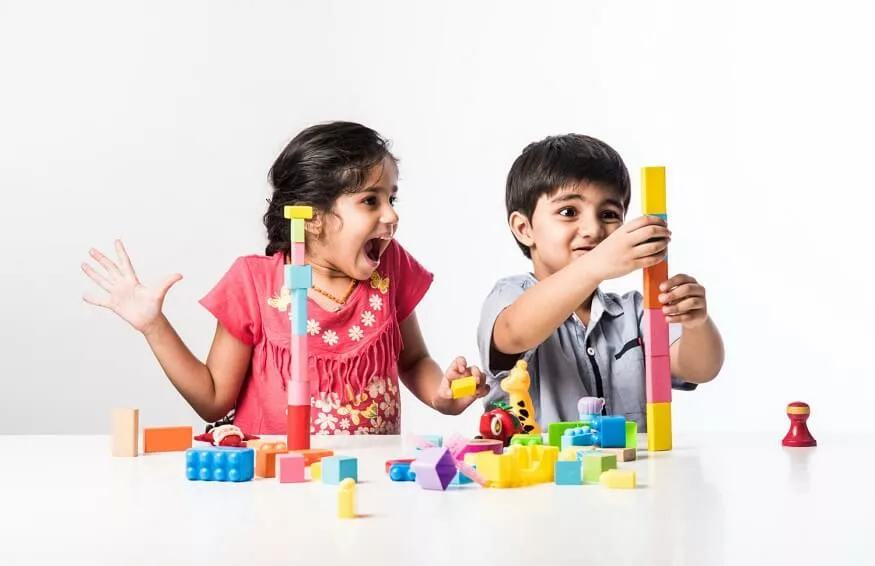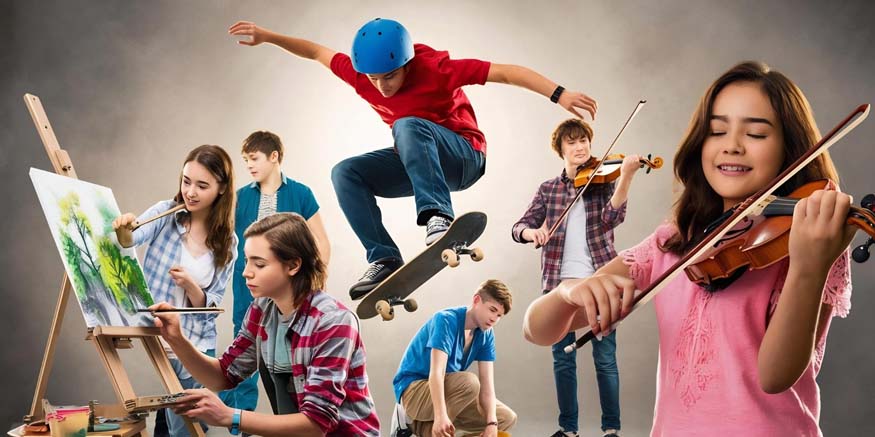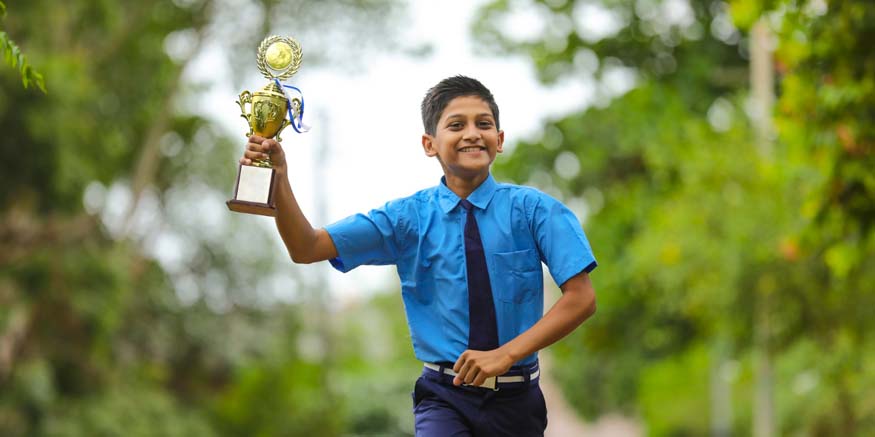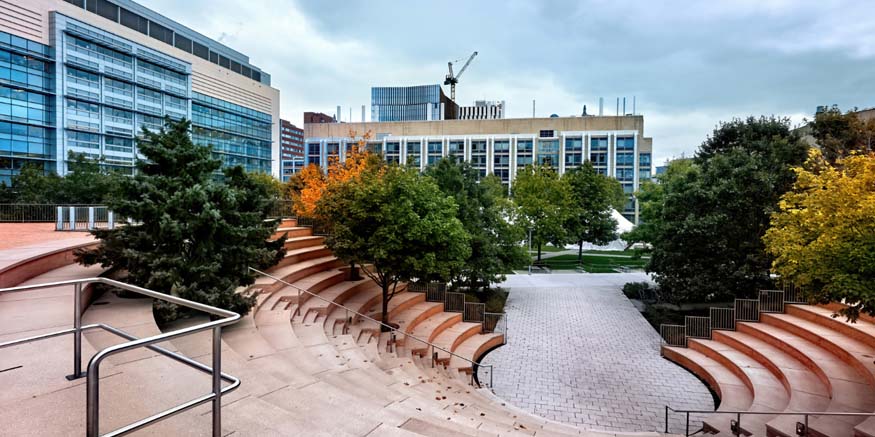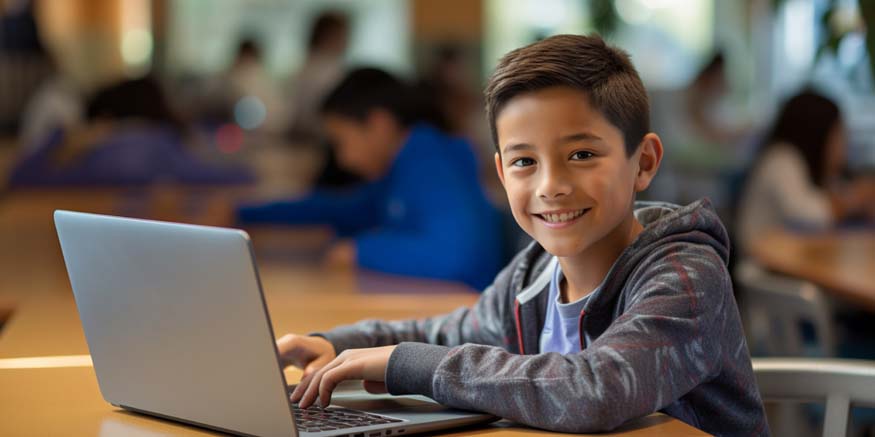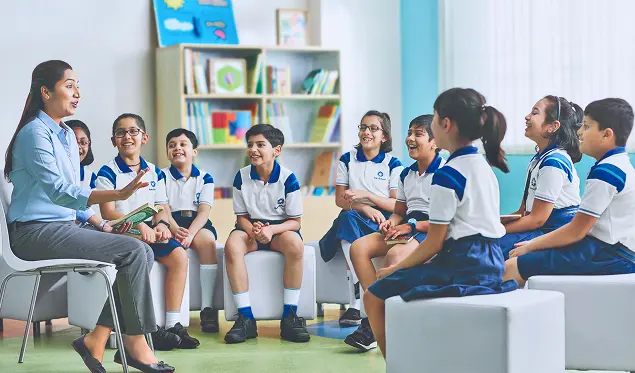In the dynamic and enchanting realm of early childhood, the concepts of play and learning are inextricably intertwined, creating a vibrant tapestry of development and discovery.
How is playful learning characterised?
Playful learning in preschool is characterised by an array of thoughtfully designed activities that promote cognitive, physical, and emotional growth. These are not random bursts of play but carefully orchestrated educational experiences that merge learning objectives with the inherent joy of playing.
Through songs, stories, and games, children develop language skills. Building blocks and puzzle pieces become the early tools for understanding mathematical concepts, and dramatic play areas serve as stages where social interaction and emotional regulation are rehearsed and refined.
Also Read: The Importance of Play-based Learning in Kindergarten
Playful learning in preschool
Here’s how playfulness begins to grow within the grounds of the preschool environment:
The Nature of Play and Learn: At the heart of early education lies the axiom that play is the child’s most natural way of learning. Within the context of a play and learn preschool, play is not frivolous activity but rather a critical medium through which young learners process the world around them. Through play, children experiment with new ideas, test their boundaries, and acquire an array of skills.
Inception of Playfulness: From infancy, playfulness is evident as babies interact with their surroundings. The act of reaching for a colourful object or responding to a parent’s funny faces is the dawn of play. This intrinsic playfulness evolves into more sophisticated forms as the child grows, each stage laying a foundation for the next, with preschool learning activities fostering this development.
Playful Learning Environments: A play and learn preschool offers an ecosystem that nurtures playfulness. It is crafted to pique curiosity and inspire learning. The classrooms are often kaleidoscopic, with different areas dedicated to various forms of play – from quiet reading nooks to lively pretend play zones, each space serves a specific purpose in promoting learning through play.
Preschool Learning Activities: Structured and unstructured preschool learning activities form the core of the curriculum. Teachers plan activities with specific learning outcomes in mind, allowing children to achieve these through play. Whether it’s through sorting shapes, which teaches geometry, or playing with water to understand volume and conservation, each activity is an opportunity for playful learning.
Role of Educators in Playful Learning: Educators in a play and learn preschool are the facilitators of play. They create environments rich with potential for discovery and guide children through their learning adventures. By observing play, joining in, and introducing subtle educational cues, they enhance the learning experience without diluting the joy of play.
Also Read: Learning Through Play: Theory, Activities and Examples
Social Development Through Play: Playful interactions are the crucibles for social learning. During preschool, children learn to share, collaborate, and empathise with peers. These interactions are crucial for social-emotional development, teaching children the rudiments of navigating complex social landscapes through the joyful medium of play.
Playful Learning and Cognitive Growth: Play is the bedrock of cognitive development. Through play, children engage in problem-solving, which enhances their cognitive flexibility and executive functioning. Playful learning through puzzles, games, and creative play sparks curiosity and encourages children to stretch their cognitive capacities.
Physical Development and Play: Play is not just about mental acuity; it’s also about physical prowess. Preschool learning activities often involve gross motor play, which develops coordination and physical fitness, and fine motor play, which refines hand-eye coordination and precision. All these are learned not in isolation but within a playful, engaging context.
Creativity and Playful Learning: Creativity flourishes in an atmosphere where play is encouraged. Playing preschool becomes a canvas where children paint the possibilities of their imagination. The freedom to explore ideas, to make and break rules within play, fosters creative thinking – a skill that will serve them in all learning endeavours.
Emotional Resilience from Play: Play and learn environments offer children a safe space to explore complex emotions. Through play, children can experiment with different scenarios, learning to manage feelings such as frustration, anger, and disappointment in a controlled, supportive environment.
Playful Learning as a Lifelong Drive: The habits formed in early childhood last a lifetime. A play and learn preschool instils not only knowledge but also a love for learning. The positive experiences associated with playful learning create an intrinsic motivation to learn, setting children on a path of lifelong education.
Inclusion in Playful Learning: Play and learn philosophies are inclusive by nature, catering to a diverse range of learning styles and abilities. Playing preschool is where all children, regardless of their background or learning needs, can engage with materials and activities at their own pace, fostering a sense of belonging and self-worth.
Playful Learning and Language: Language acquisition is accelerated in a playful environment. Through rhymes, songs, and storytelling, children absorb new vocabulary, grammar, and the rhythms of language in a natural and engaging manner. Preschool learning activities often revolve around language play, which is instrumental in developing literacy.
Also Read: Which Are The Preschool Teaching Methods and Techniques Used Worldwide
Playful Learning in the Digital Age: The advent of technology has expanded the horizons of play and learning. Interactive digital tools and educational apps have become integrated into preschool learning activities, providing children with new modalities of playful learning that can enhance traditional methods.
The Future of Playful Learning: As research continues to validate the benefits of play in early childhood development, the future of education looks bright for the play and learn approach. Innovations in curriculum design and pedagogy will likely continue to embrace play as an essential element, ensuring that playing preschool remains a joyous and fundamental journey towards a lifelong love of learning.
The development of playfulness within the fertile environment of a play and learn preschool is not a linear process but rather a complex, interwoven progression. Play is the child’s work, and through it, they prepare not just for the academic challenges of the future but for life itself. EuroSchool generates the drive to learn, so firmly that the joys of play, becomes not just an educational goal but a profound life skill that perpetuates growth, adaptability, and the joyous pursuit of knowledge.

